Transitions to sustainable lifestyles will only happen if people behave in ways that are sustainable at all scales. Over the past two decades, behavioral sciences have provided valuable findings into how people perceive, decide, and act. These insights can then help to shape policies that encourage individuals and systems to make more sustainable choices. While behavioral insights have become a key tool for policymakers and social change, they also come with their challenges. For instance, they often place responsibility for unsustainable choices on individuals rather than addressing structural issues. They can also be applied in opaque or even manipulative ways.
In this Pathways Forum webinar, our speakers examined the legitimacy and viability of behavioral solutions for climate change mitigation and transitions to sustainable ways of life in various regions.
Kristian Nielsen (Copenhagen Business School) explored how behavioral insights can help understand and support individual climate action. Mariam Chammat (French Interministerial Directorate for Public Transformation) then talked about how fondamental theories from the behavioral sciences have gradually influenced public policy. This talk was illustrated by her experience on the field. Lastly, Britt Titus (Airbel Impact Lab) discussed the intersection of behavioral insights and climate resilience in the Global South. She highlighting how behavioral science can be used for more complex challenges, like climate resilience
The webinar recording is now available. Watch it below now!
ABOUT THE PATHWAYS FORUM
The Pathways Forum is a bi-monthly online event where researchers from diverse disciplines who engage, or want to engage, with societal actors in processes of adaptive learning to design, implement, and evaluate pathways to sustainability get a chance to reflect on concepts and theories of change, and discuss the practical implications of sustainability science and transdisciplinarity for research practices. Through this webinar series, the Pathways Initiative aims to develop and support agenda-setting, synthesis and capacity building around pathways for sustainability.
Click here to find all previous forums!
